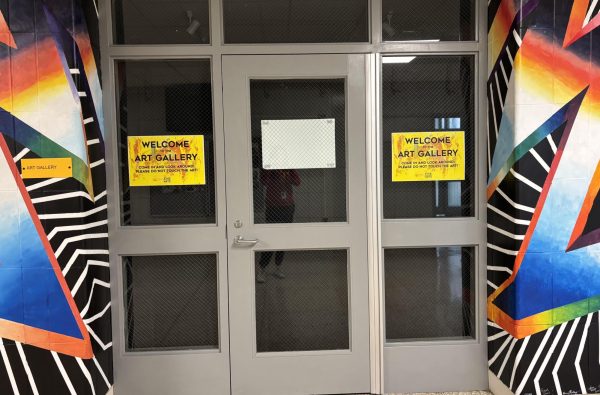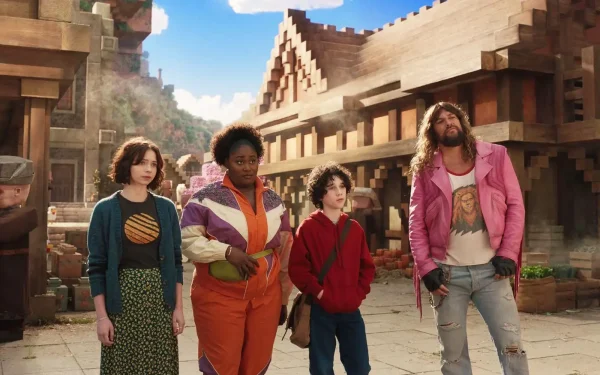A Holiday Release to Warm Your Soul
Jazz plays an instrumental role in the newest Pixar film.
Historically, cartoons and animations have often depicted Black people as caricatures, with little to no regard for the complexity and richness of Black culture. Pixar, however, set out to change this with the release of its latest film, Soul.
Soul follows the tale of a Black musician by the name of Joe Gardner. A middle school band teacher by day and skilled jazz pianist by night, Joe is deeply passionate about all things music. Joe’s seemingly ordinary life takes quite the turn, however, when a series of mishaps land him in a strange, ethereal world known as the “Great Before.” I won’t give much more away beyond that, but ultimately, Soul is a tale about finding one’s true calling and what makes life worth living.
For a movie that grapples so acutely with mortality, it is difficult to ignore the timing of its release. Soul arrives at the end of a year that has been characterized by death, suffering, and racial discrimination. In addition to a global pandemic that has disproportionately affected Black communities, 2020 also marks the loss of several prominent African-American figures, including Congressman John Lewis, NASA mathematician and Presidential Medal of Freedom recipient Katherine Johnson, and actor Chadwick Boseman. Moreover, the demands for justice for African-Americans who lost their lives to police brutality, such as Breonna Taylor and George Floyd, became defining moments of this past summer. We learned about the extent of racism that African-Americans experience in their daily lives. As a society, we came to recognize systemic racism while also valuing citizens of color as individuals with distinct life stories, dreams, and talents.
One of Pixar’s greatest challenges when presenting Joe’s story and his character was to avoid falling into cliches and stereotypical storylines. To combat this challenge, Pixar assembled a panel of Black creative artists, musicians, and an anthropologist to offer their insight and experiences. As Soul producer Dana Murray noted, “We also talked to a lot of external consultants and worked with Black organizations to make sure we were telling this story authentically and truthfully.”
In taking the time to hear Black voices, Pixar will hopefully create a precedent for future studios to follow. And with time, more of these stories will be shared on and off-screen.












Sara ElShafie • Jan 2, 2021 at 3:40 pm
Very nice article Zaynab! You are an excellent writer! I agree with your assessment of this film’s importance.
The anthropologist that Pixar consulted is actually a professor in my department. She said she was really honored to be one of the many experts that helped with the film!
Safia • Jan 1, 2021 at 11:35 pm
I love this beautiful description of the movie and you made me want to watch it! I love that you respectfully discussed how Black people are often portrayed in cartoons and then finished with how 2020 has been a year of loss, but hopefully the New Year will be one of new beginnings. Awesome job as always!